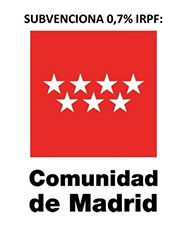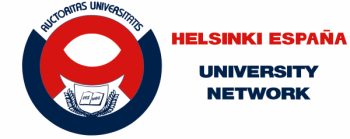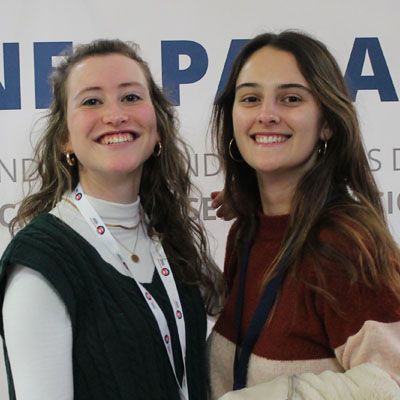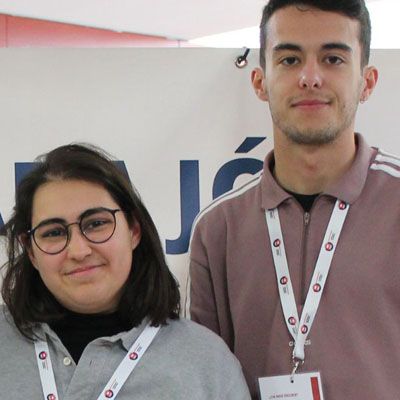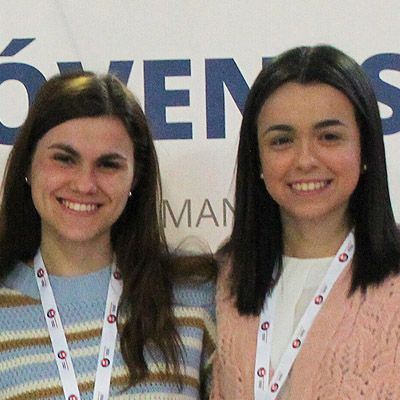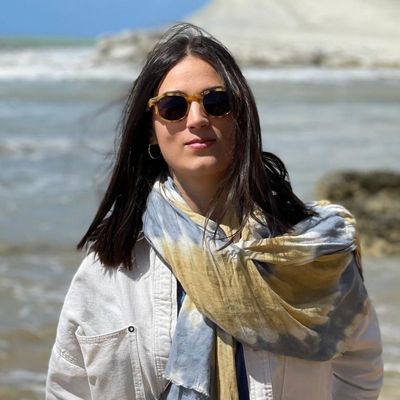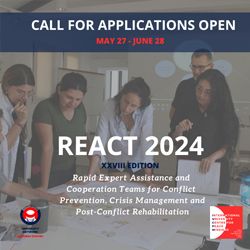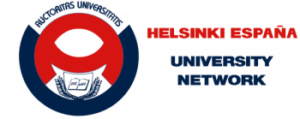Youth for Youth Project
Youth to Youth: Educating on Human Rights and the Sustainable Development Goals

Youth for Youth is a human rights and values education and awareness-raising project aimed at children and young university students. This project contributes to the development of a human rights culture in which children and young people are aware of their own rights and their obligations towards others, promoting their development as responsible members of a interdependent, free, peaceful, pluralistic and inclusive society.
The project involves university students and children between 5 and 18 years of age, from schools in different regions of Spain.
If you want to be part of our team of young people willing to train and raise awareness of human rights, this is your chance!
Check the next calls
- Inscriptions open for Galicia (A Coruña): 25-29 SEPTEMBER 2023
- Inscriptions open for Canarias (Gran Canaria): 16-20 OCTOBER 2023
- Inscriptions open for Valladolid: 23-27 OCTOBER 2023
- Inscriptions open for Valencia: 6-10 NOVEMBER 2023
- Inscriptions open for Murcia: 13-17 NOVEMBER 2023
- Inscriptions open for Cantabria: 27 NOV – 1 DEC 2023
- Inscriptions open for Málaga: 11-15 DECEMBER 2023
- Inscriptions open for Madrid: 29 JAN – FEB 2024
- Inscriptions open for Aragón (Teruel): 12-16 FEBRUARY 2024
- Inscriptions open for Toledo: 26 FEB – 1 MARCH 2024
- Inscriptions open for Mallorca: 2-4 DE MARCH 2024
- Inscriptions open for Extremadura (Cáceres): 18-22 DE MARCH 2024
- Inscriptions open for Tarragona: 8-12 APRIL 2024
- Inscriptions open for La Rioja: 15-19 APRIL 2024
- Inscriptions open for Asturias: 22-26 APRIL 2024
To be at peace with the world, first, I must be at peace with myself...
I grew up in the countryside in France where I developed a certain sensitivity towards injustice and nature, within a western society that claims to be “exemplary” in this matter. I have always had the desire to work so that everyone can live as they wish, regardless of their gender, skin color, place of birth, religion, or sexual orientation. We are all part of the ecosystem that allows us to live in peace.
I decided to study political science and participate in the ‘Youth for Youth’ program to be an actor in a better society. This experience, among others, made me understand my environment and helped me understand how help to build a more just and sustainable world. Acting to awaken the peace that sleeps in each of us and expand it to the whole world. Education and awareness-raising of the population is, in my opinion, the basis of any action. Young people are the protagonists of today’s and tomorrow’s society, that is why we need to make them question themselves and their surroundings. As Bob Marley used to say, “Get uo, stand up, stand up for your rights. Get up, stand up, don’t stop fighting.” We must not stop working for a better world, in which, wars are a thing of the past.
Following this awareness-raising program, organized by Helsinki Spain, its volunteers are actively involved in peace building. Intergenerational exchanges between volunteers, most of whom are university students, and children from different ages, allow us to question the functioning of our society and our role in it. As Aung San Suu Kyi, Burmese politician, activist, and Amnesty International ambassador of conscience, says: “Peace is not only about ending violence or war, but all the other factors that threaten peace, such as discrimination, inequality or poverty.”
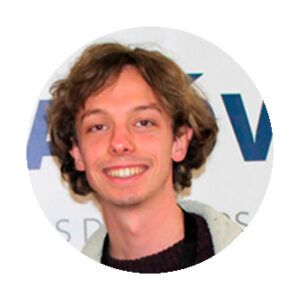 Mickaël Biraud
Mickaël Biraud
Objectives
This project seeks to promote the fulfillment of Human Rights and the Sustainable Development Goals (SDGs), contribute to effective gender equality, encourage environmental sustainability and responsible consumption, foster coexistence and education free of violence, support the protection of groups at risk of vulnerability through awareness-raising, and facilitate volunteering as a mechanism for youth participation.
Phases
-
Training for young university students in Human Rights and SDGs
-
Training in emotional management for parents and gender equality training for teachers in schools
-
Awareness-raising in schools through workshops given by university students on human rights and values for boys and girls
-
Developing pedagogical material on human rights educatio
Contents
The content of the human rights training course at the university level is as follows:
- Human Rights. Didactic unit.
- Objectives of Sustainable Development. Didactic unit.
- Gender equality and eradication of violence against women. Didactic unit.
- Environment and sustainability. Didactic unit.
- Peace, justice and coexistence. Didactic unit.
- Protection of people at risk ok vulnerability. Didactic unit.
- Democracy and participation. Didactic unit.
- COVID FORMAT. Didactic unit.
Once the training program has been completed, the young university students put their knowledge into practice in schools that have previously agreed upon Helsinki España to take part in the project. Through a participatory methodology using pedagogical dynamics and games, they give awareness-raising workshops to school-age children.
The young university students, far from being just listeners, instead become the real actors of the project and those responsible for the transformation of their communities. The combination of training and volunteering is the most effective formula for the assimilation of concepts and the acquisition of values. The schoolchildren interact very positively with the young university students.
To date, we have managed to train 5,150 volunteers from 75 different universities on Human Rights and SDG. Through them, we have raised awareness among more than 40,084 children in more than 100 schools located in different regions of Spain, namely Andalusia, Castilla y León, Castilla la Mancha, Valencian Community, Galicia, Canary Islands, Madrid, the Basque Country, the Principality of Asturias, etc. The project has been implemented internationally in countries like the United States, Italy, Mexico, or Portugal.
Internationally, the project has been developed in the United States, Italy, Mexico and Portugal. On the other hand, we have trained 200 mothers and fathers in “emotional intelligence and conflict resolution”, as well as 100 teachers in “gender equality and human rights”.
Youth for Youth Alumni Testimonials
